detail profile jane malaquias

Riwayat Hidup
From Ceará, director, photographer and screenwriter graduated from EICTV-Cuba, Jane is a pioneering woman in cinema photography in Brazil.
Awarded for her work as photographer for the films Cachaça (1995) and O Pedido (1999), by Adelina Pontual; Maracatu, Maracatus (1995) and Clandestina Felicidade (1998), by Marcelo Gomes; A Árvore da Miséria(1998), by Marcus Vilar; Kátia (2012), by Karla Holanda; and Danado de Bom (2016), by Deby Brennand.
She is the director and screenwriter of the award-winning short film No Passo da Véia (2002), chosen to be part of the DVD The World According to Shorts, vol 1.
Her first feature film, Restos de Deus Entre os Dentes, is in the final phase .
Info Pribadi
Peran Yang Di Mainkan Jane Malaquias
 Curt Nimuendaj is a German ethnologist...
Curt Nimuendaj is a German ethnologist...Nimuendajú 2025
Curt Nimuendajú is a German ethnologist who lived in Brazil from 1903 until his death. In addition to having studied and defended the rights of about 50 indigenous peoples, he lived as one of them in each tribe. Nimuendajú died in 1945, in the Amazon, under unknown circumstances.
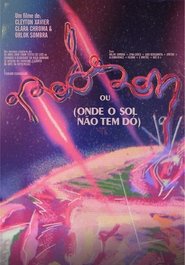 These are the pre 3000 years Art...
These are the pre 3000 years Art...Rodson ou (Onde o Sol Não Tem Dó) 2020
These are the pre 3000 years. Art is a crime. Reflecting is prohibited. Reading is no more. Only mass production and consumption are allowed. RODSON®. A boy with his animalistic artistic instinct repressed by the society around him, just one of many… The anarcocrenty government makes the mistake of thinking that the beast has been under control, but its mind conceives CALEB® the RODSON @ alterego that launches it off the road, abandoning air conditioners in search of the perfect hallucination under the merciless sun of 2000°C that the last layer of exosphere provides the current society.
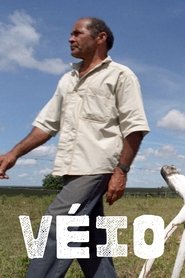 On the outskirts of the city...
On the outskirts of the city...Véio 2005
On the outskirts of the city of Nossa Senhora da Glória, in the hinterland of the state of Sergipe, Northeast Brazil, we will find an unexpected open-air sculpture park. This unusual “art gallery” is the result of the work of Cícero Alves dos Santos, known as Véio, a farmer, artisan and sculptor. In it, Véio installed his Nation, his family, made up of common and mythological beings, animals and extraterrestrials.
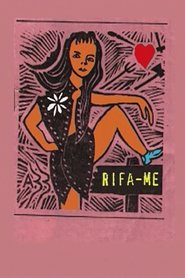 A young woman who dreams of...
A young woman who dreams of...Rifa-me 2000
A young woman who dreams of leaving her small town in order to live in São Paulo decides to raffle herself in order to get a bus ticket to move there. The raffle winner gets the chance to spend the night with her. But in this small place where everybody knows each other, who'll be the winner?
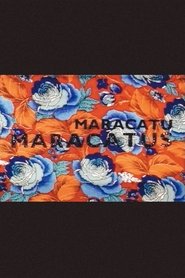 The cultural differences between the several...
The cultural differences between the several...Maracatu, Maracatus 1995
The cultural differences between the several generations of the rural maracatu: an afro-indigenous ritual which originated in the sugar mills of the state of Pernambuco.
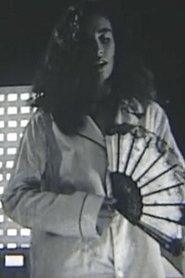 Inspired by songs by Arrigo Barnab...
Inspired by songs by Arrigo Barnab...El Monstruo 1991
Inspired by songs by Arrigo Barnabé, the film tells the story of a young man who was the victim of a scientific experiment on a TV network. From then on, he begins to commit a series of crimes whose objective is to take revenge on those who induced him to experience it.

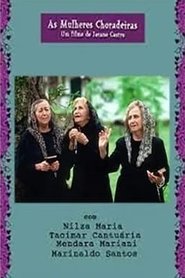 Three old ladies Margot Greta and...
Three old ladies Margot Greta and...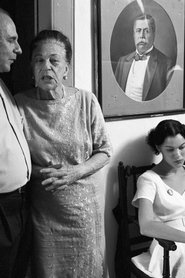 In an old mansion an old...
In an old mansion an old...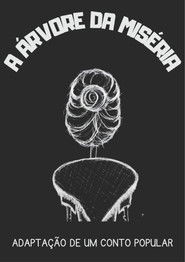 After expelling some boys Dona Misria...
After expelling some boys Dona Misria...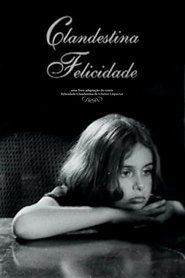 Scenes of the childhood of a...
Scenes of the childhood of a...